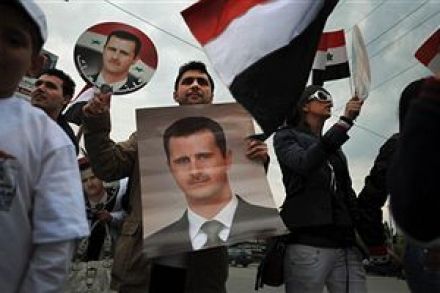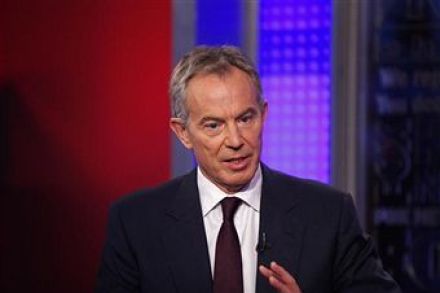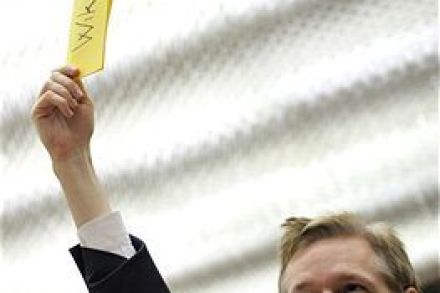Eyes turn to Syria
The situation in Syria seems to be on a knife’s edge. Perhaps 80 protesters were killed by security forces during massive demonstrations yesterday. Checkpoints have gone up around all major cities, including Aleppo, Homs and Hama and of course Damascus. A friend who has been visiting the country this week says the situation is “pretty tense with police all around and no one, I mean almost no one on the streets. Taxis are not operating and there are no buses between cities.” The road south from Damascus to Deraa is heavily guarded to prevent the protesters moving from one city to the next. The key problem for Bashri al-Assad’s regime















